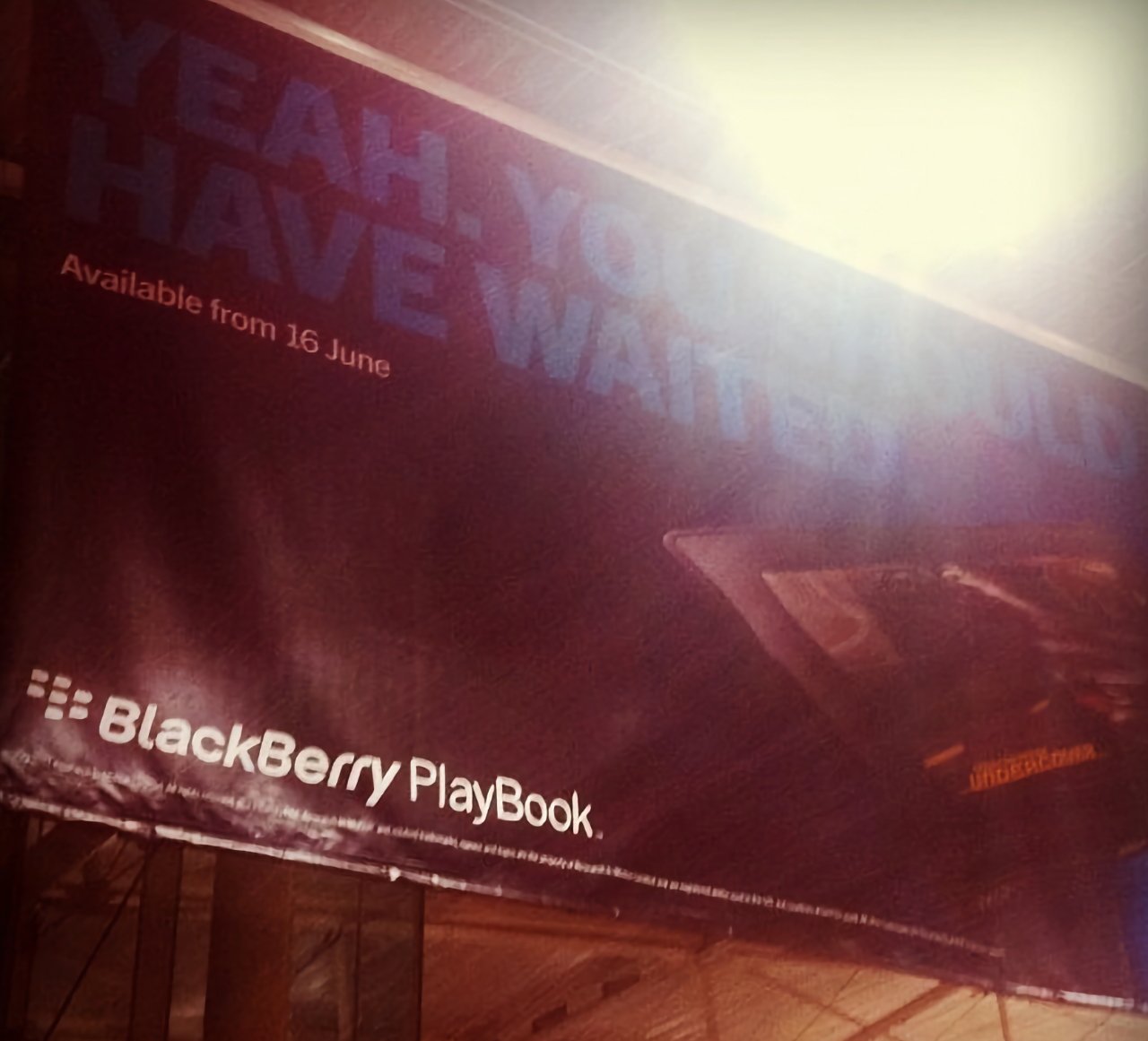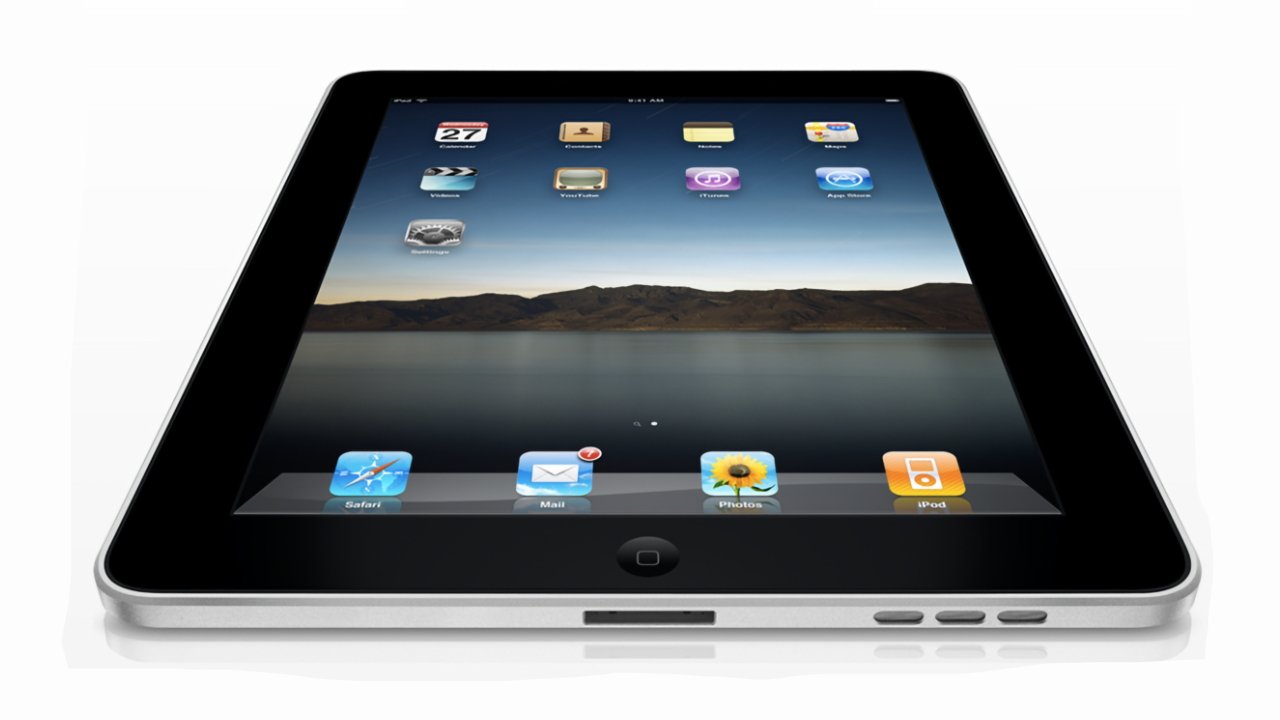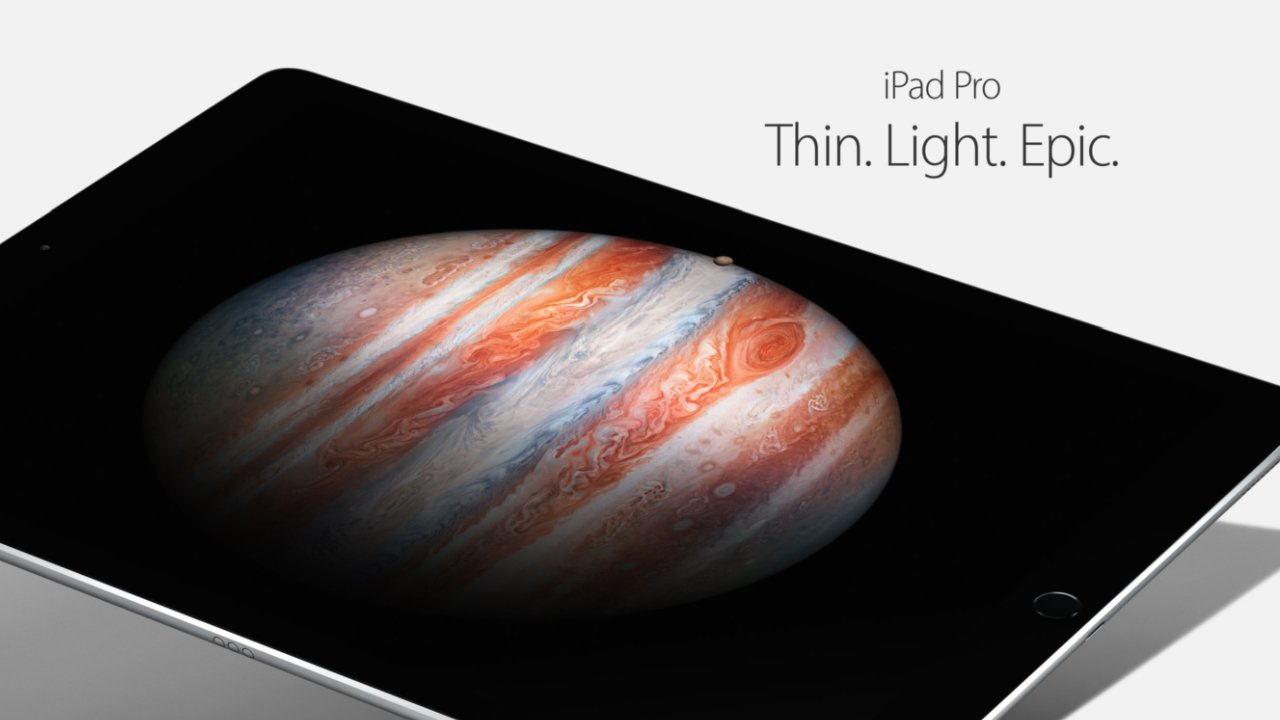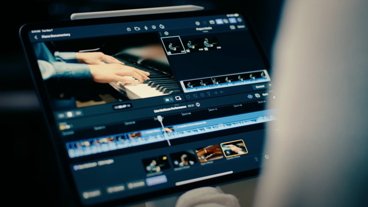The iPad was mocked at launch, threatened by rivals throughout, and yet still remains the best-selling tablet ever made, 14 years after it first shipped to customers on April 3, 2010.
It's easy to name alternatives to the iPad, you could be here all day listing myriad Android tablets. But it's impossible to name even one true iPad competitor.
For after all of these years since it launched, and after all of the rival devices that have launched after that moment, there isn't any one tablet that sells enough on its own to compete with the iPad. Its competition is the mass of cheaper rivals, which is not to be ignored, yet none of them have come close to the success of the iPad.
The closest is surely the Microsoft Surface, but if that's the best and the best-known rival, it doesn't appear to be doing all that well.
Which has got to hurt Microsoft, because before Apple entered the market on April 3, 2010, Microsoft had it all. It was just that it was a very small kind of "all."
Still, today if you think of a tablet device, you're thinking of an iPad. But prior to 2010, if it even occurred to you to think about tablets, it was Microsoft you pictured.
The difference is that despite Microsoft pressing away at tablets for many years, nobody was buying them. Then it seemed that once Apple's iPad was available, everyone was buying that.
Darkest before the dawn
There was a brief moment when everyone knew a tablet was coming from Apple, but Apple was not yet saying a word. It was a brief, fascinating, and even delicious kind of moment as rivals scrabbled to beat Apple without knowing what they were really aiming at.
What they were sure they knew was that Apple's device was going to be called the iSlate, and that alone was enough to change the industry. Watch Steve Ballmer getting in ahead of Apple with the launch — or rather just the promise of a future launch — of this slate PC, and that slate PC, and this other slate PC.
We're now so used to the name iPad that iSlate sounds peculiar. But at the time, Fast Company writer Alissa Walker superbly skewered the name iPad and how it sounded like a tampon.
Her piece was headlined "Apple's iPad Name Not the First Choice for Women. Period."
It didn't take long for the iPad name to seem normal, though, and that was helped by just how many Apple sold. By July, fewer than four months after the release of the iPad, Steve Ballmer said that Apple had "sold more than I'd like them to sell."
"Today, one of the top issues on my mind, hey there's a category — tablets," he told investors. "Apple has done an interesting job."
An interesting job
Bill Gates popularized the idea of a tablet device, at least as far as anyone had managed to do before Apple, with his 1996 book "The Road Ahead." If the founder of Microsoft could not turn that idea into a profitable reality, there was a serious question of whether anyone could.
Maybe it wasn't that tablets pre-iPad were poor, it was that they were expensive and big. Apple had to not only beat those issues but also the perception those issues had created, too.
This is why although Apple launched the iPad with a 90-minute presentation, it was 8 minutes and 40 seconds before we first heard the word "iPad". Everything up there was a really cleverly fashioned presentation that took us down a path to feeling it was inevitable Apple would produce a tablet.
Steve Jobs described the market, positioned Apple as the sole company that could do something in this space, and only then introduced the iPad.
Not an immediate success
That launch was in January 2010, while the iPad didn't come out until April. That gave plenty of time for critics to argue that it was a disappointment, that ultimately it was just an iPhone with a larger screen.
And not even that much larger. A surprising thing about holding an original iPad for the first time was how small it felt.
Now, holding that original, it feels bulky, it feels heavy, but it still feels small. Yet back in 2010, it would only take a moment's use for you to forget its size and just become immersed in the internet in your hand.
But many, many critics didn't wait for that, they didn't wait to actually use the device. Business Insider said that the iPad was a "big yawn," for instance, and that Jobs "didn't deliver" the great device that had been predicted.
At least Business Insider waited for the unveiling. Infoworld was against the iPad from even before then, saying Windows 7 devices were obviously better than this, at that time, non-existent iPad.
And clickbait-happy columnist John C Dvorak wrote the iPad off instantly. "I'm of the opinion and hope that this device is only released as a market test and placeholder for something more spectacular in the future," he wrote.
Not everything changes
Most of the clickbait criticism vanished after people could actually buy an iPad, and especially when so many of them did that reviewers began taking a second look. There was still the valid argument that the iPad was an overgrown iPhone, but as iPad-specific apps kept growing, that criticism went away, too.
The belief that something else would or should take the place of the iPad has never left us, though. A typical example came one year after the iPad was released, when BlackBerry announced a tablet called the Playbook, which was of course going to beat the iPad forever.
Or so you hoped if you ran the BlackBerry company and also never looked out of your window to gauge the market. BlackBerry's April 2011 marketing of the Playbook campaign was aimed entirely at the iPad, but it shot itself in the foot with both barrels.
 BlackBerry's painfully ill-advised ad for its disastrous Playbook. (Source: Mobile Industry Review)
BlackBerry's painfully ill-advised ad for its disastrous Playbook. (Source: Mobile Industry Review)"Yeah," said the billboard sign. "You should have waited."
Telling your customers that they were idiots for buying an iPad when they could have had a BlackBerry Playbook if they'd only waited a while, does not seem like a winning formula.
But even that wasn't the issue. The issue was that anyone in the market for a tablet who saw that billboard ad would surely read it as meaning BlackBerry should have waited. Because it should.
Insanely, BlackBerry launched that tablet without email. It was not possible to send or receive email on that device, and amazingly, it somehow failed to make Apple give up on the iPad.
The iPad is dying
If BlackBerry was just one of the rivals who couldn't cut it, and if even Microsoft took years to make a mildly successful tablet, still there is always a kind of constant expectation that the iPad is failing.
On the iPad's fifth anniversary, AppleInsider said its "astounding success remains indisputable," but also noted that its sales were declining.
For much of its life, the iPad has been expected to fail or to be superseded, but it keeps on commanding the market. It does that even though at times its sales drop significantly, such as in 2022 when it was hit by supply constraints
And iPads tend to last longer than rivals, so overall they are better value, but sales drop because people don't need to upgrade very often.
There are always reasons to upgrade beyond an iPad just becoming old, though. The original iPad was followed by iterations on its design, then the iPad Air and the iPad mini, for instance.
Then the iPad Pro came along in 2015 and today, you can choose from six different models.
That's a far cry from when there was one iPad and myriad other devices competing with it. But Apple doesn't appear to have randomly expanded the range just to see what sticks, and instead it has made one to suit different budgets
Apple is consistently really good at thinking through what users need, and thinking through simple ways to help that. It's this steady, deeper thought, that really marks out the difference between an iPad and the many rival tablets.
Those rivals will come and go, and hopefully there will be a stronger competitor soon. But the iPad just keeps on going.
 William Gallagher
William Gallagher








-m.jpg)






 Marko Zivkovic
Marko Zivkovic
 Mike Wuerthele
Mike Wuerthele
 Christine McKee
Christine McKee
 Amber Neely
Amber Neely
 Sponsored Content
Sponsored Content
 Wesley Hilliard
Wesley Hilliard










35 Comments
What so many pundits fail to understand is that the iPad does not need to turn into a mini Mac in order for it to be useful to millions of customers. It’s the computing device that so many turn to on a daily basis for ordinary things like banking, getting recipes, how to videos and so many of the day to day mundane tasks that ordinary people do in their daily lives.
Apple iPad has been very prosperous like owning Apple shares since 2010 you got the benefit of a 7 to 1 and a 4 to 1 split in that time, in short, if you had invested in 50 Apple shares in April 2010 at a cost of a mere 12,000.00 dollars today your investment would worth approximately 234,000 dollars at today’s price. Money well spent. Long Apple.
The smartest thing Apple did, and also the most criticized, has been to not use macOS on the iPad. It’s a different device, that needs a different environment and UI. Now I think it could do more, and slowly they are making padOS do more. But if they had just dropped macOS onto the iPad, like Microsoft has done with the Windows on the Surface, it would have languished and died. macOS would not fit on a tablet. The modifications you would need to make it work on a tablet environment would be so extensive that, you’d end up with padOS.
The fact that Apple had the guts to go all in and not try to shoehorn a desktop onto the iPad is to a great extent why it is doing so well.